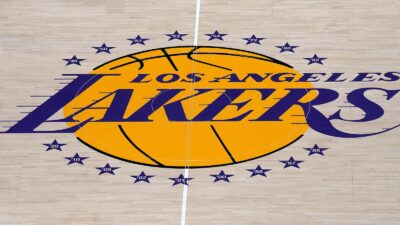Shaquille O’Neal is being accused of hiding to avoid service of legal papers over his involvement in FTX, the cryptocurrency exchange that went bankrupt in November.
O’Neal was one of several celebrities who endorsed FTX. FTX retail investor Edwin Garrison filed a class-action lawsuit in Florida federal district court in November 2022, alleging that he was persuaded to open an account at FTX due to the influence of celebrity endorsements.
O’Neal, Giselle Bündchen, Tom Brady, Larry David, Stephen Curry, Udonis Haslem, David Ortiz, Trevor Lawrence, Shohei Ohtani, Naomi Osaka, Kevin O’Leary and disgraced FTX founder Sam Bankman-Fried were named as defendants in the lawsuit.
According to Forbes, Garrison’s attorneys said in a court filing that they have had difficulty serving O’Neal with the lawsuit. They claimed to have used four different service companies without success. They accuse O’Neal of even hiding in his home to avoid being served. O’Neal is the only defendant who has gone to lengths to avoid being served.
O’Neal hosted a carnival event in early 2022 that was sponsored by FTX.
Took @ShaqsFunHouse party to the moon 🚀🌕 with @FTX_Official! Thanks again to my friends over at FTX for making this the biggest and baddest party of the 🏈 Big Weekend! pic.twitter.com/lDulQvW0PF
— SHAQ (@SHAQ) February 16, 2022
The Basketball Hall of Fame member also tweeted in 2022 to promote FTX as part of a brand ambassador deal.
O’Neal might also be in the worst position of all the defendants in the suit.
O’Neal admitted to being against cryptocurrency in an interview with CNBC that was published in September 2021, just months before he became a spokesperson for FTX.
“I don’t understand it, so I will probably stay away from it until I get a full understanding of what it is … From my experience, it is too good to be true,” O’Neal said of cryptocurrency.
The class-action lawsuit in which O’Neal is a defendant is different from the federal lawsuit against FTX.
FTX was said to have lost about $8 billion by misusing customer funds.














